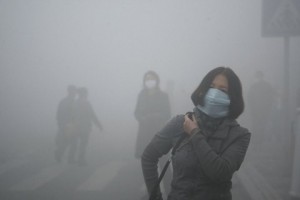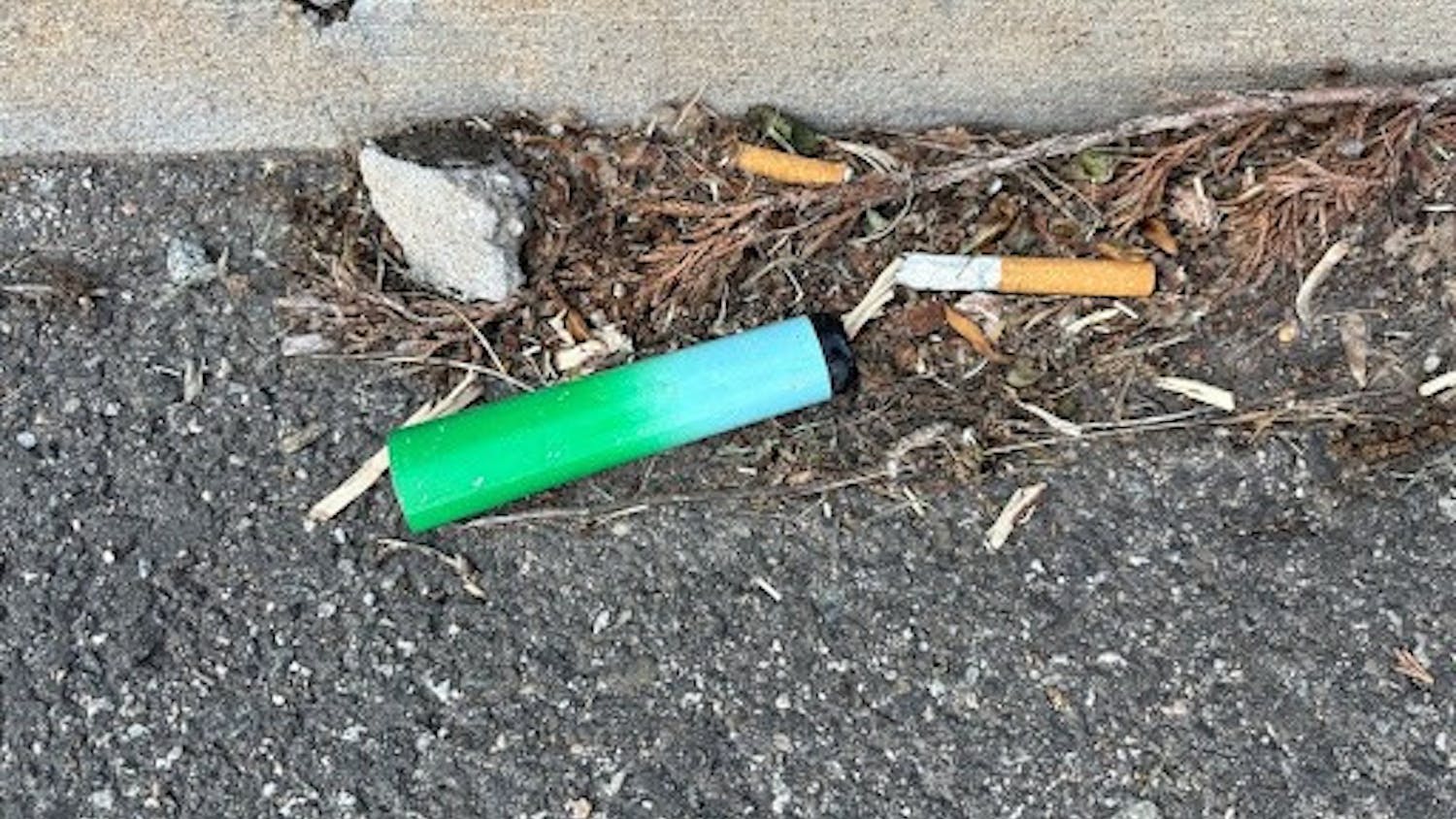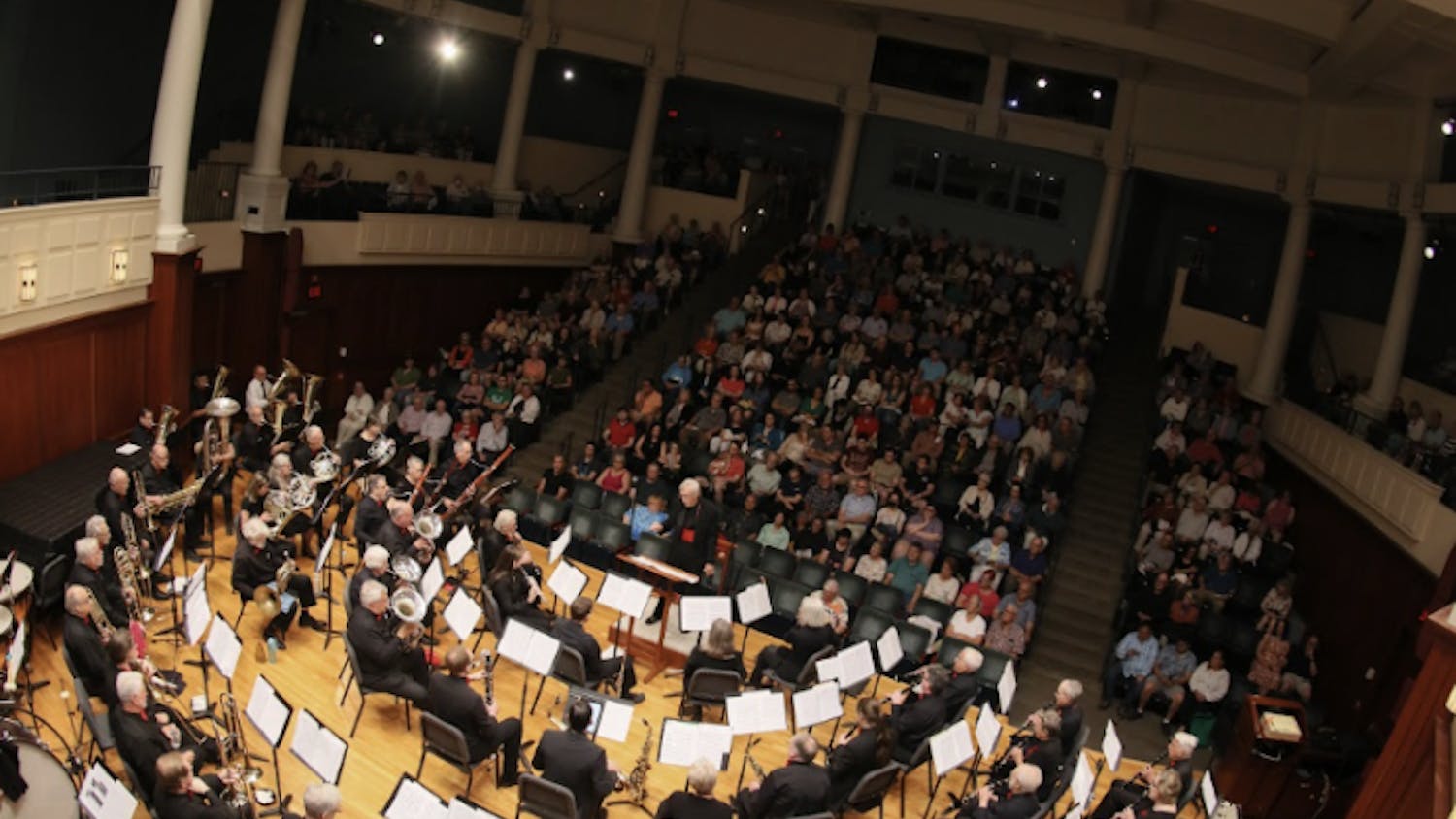
Beijing and other provinces have been enshrouded in a thick fog for several weeks. Beijing’s P.M. (particle matter) level is over 20 times the recommended density by the World Health Organization. These particles are 2.5 micrometers (0.00025 cm) in diameter, made up of a mix of acids, allergens and metals, and, when entering the lungs, they can rapidly increase the chances for heart and lung disease. Civilians are forced to walk the streets with face masks on, companies have ceased production, tourism is down and many flights have been canceled. The city is facing an economic downturn, and in provinces north of the city, agricultural workers fear for a severe epidemic to their crops.Investigation into the lack of sunlight that farm plants are receiving by China’s Agricultural University have led them to predict a “nuclear winter” for China’s crops if the heavy pollution continues to persist. A seed in one of their control labs took 20 days to start growing, while in the open air outside, another of those seeds took several months to reach that same progress. The situation is growing more serious, and although the government has been repeatedly urged by business owners and farmers to address the growing problem, government action has been scarce.
This week, 147 companies have stopped or halted production in an effort to cut down on emissions that were adding to the smog, although schools have remained open. The Shanghai Academy of Social Sciences already stated that Beijing was “uninhabitable for human beings” this month, and Li Guixin of the Hebei province north of Beijing is suing the government for “economic losses” his area has been dealt because of the passing pollution from the city. He commented to a media outlet, “These losses should be borne by the government and the environmental departments because the government is the recipient of corporate taxes, it is a beneficiary.” Li is demanding 10,000 renminbi (1,368 U.S. dollars) in reparation for the hardships faced by Hebel.
Last month, President Xi Jinping made a surprise visit to the city and was seen wearing no face protection, leaving many media and social commentators aghast at the lack of awareness the president showed for the harmful health effects the pollution has had on the people of Beijing. The city is second on the list of worst environments to live in around the world, and foot traffic in some of the city’s most popular sites has decreased by 75 percent.
Beijing is not alone. Other major cities, like Shanghai, Hong Kong and Linfen, in China are facing similar environmental crises and environmental activists of the country are hoping the large attention Beijing has continuously received by the global media for their high levels of pollution and greenhouse gas emissions (such as the immense clean up that was called for before the 2008 Summer Olympics) will create more cause for improving the dangerous conditions that many of China’s cities are in.






